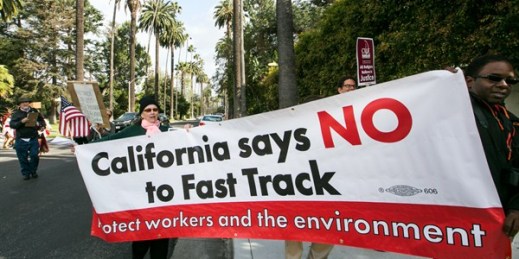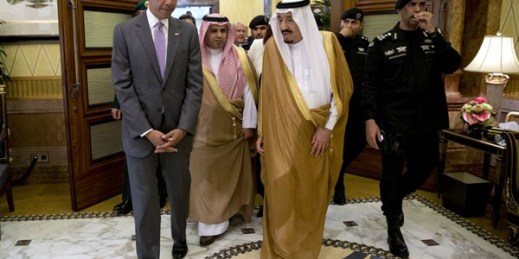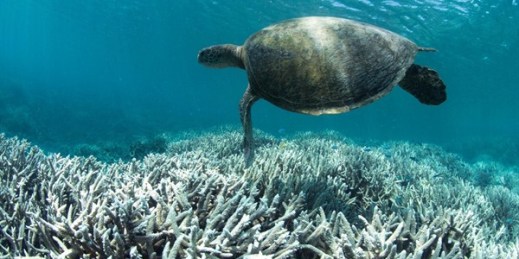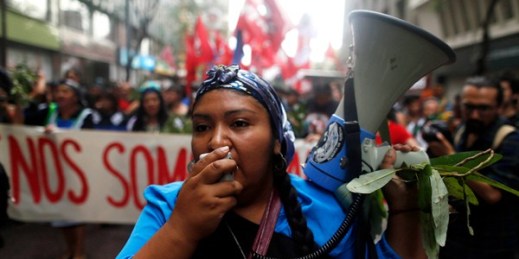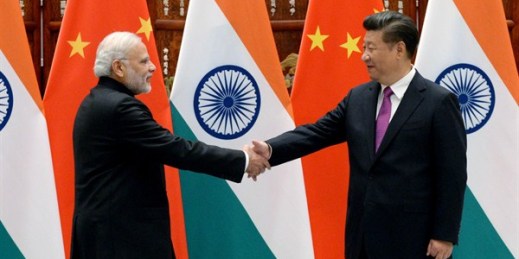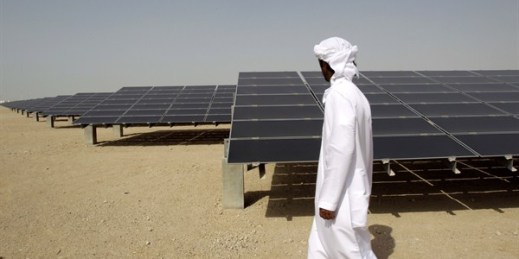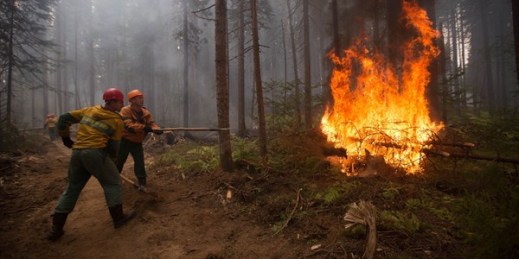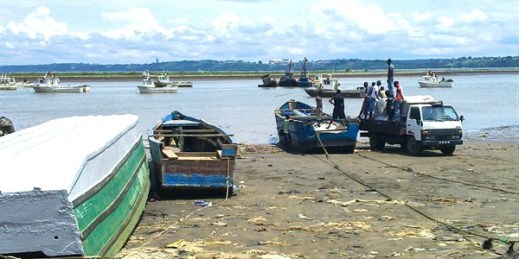
Separatist rebels from the Front for the Liberation of the Enclave of Cabinda (FLEC) said they killed 12 Angolan soldiers in an ambush near the border with the Republic of Congo on Sunday. More than 50 Angolan soldiers have been killed since fighting escalated in August. In an email interview, Alex Vines, the head of the Africa program at Chatham House, discusses the state of the separatist insurgency in Angola. WPR: What is the current state of the Front for the Liberation of the Enclave of Cabinda, and how has its insurgency evolved since the 2006 cease-fire was signed with […]

